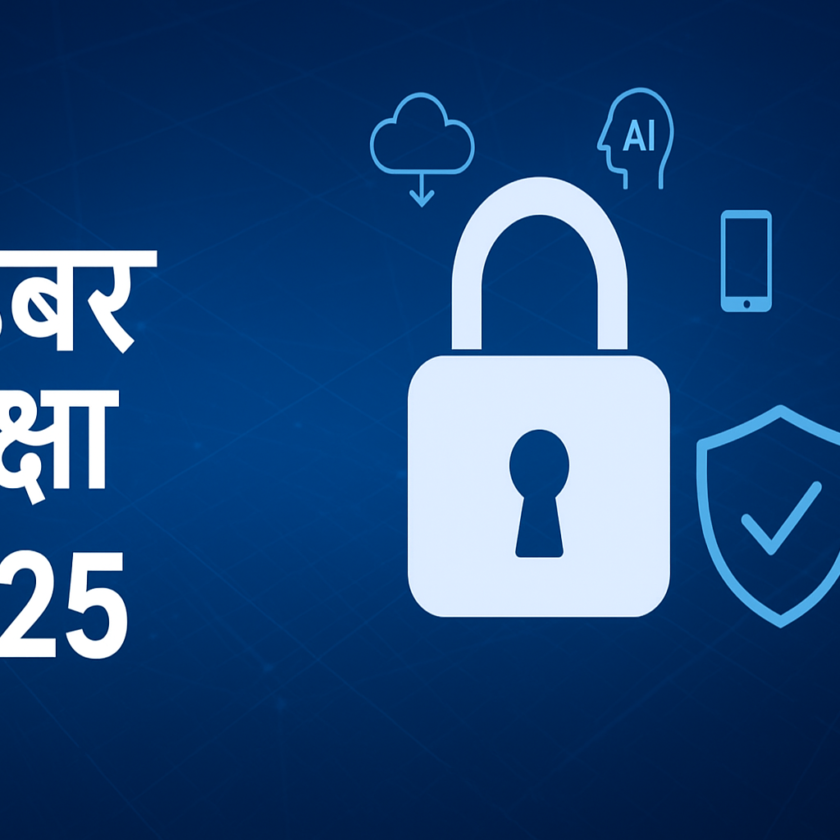Contents
Data Harvesting
Data harvesting is the process of extracting data from a given source. This data can be obtained from a variety of sources, such as:
- Websites
- online surveys
- customer feedback forms
- Social media posts
- Data sets
Once this data is collected, it can be used for a number of different purposes. For example, businesses may use data harvesting to better understand their target market or to create more targeted marketing campaigns. Additionally, data harvesting can also be used for research purposes, such as studying customer behaviour or gauging public opinion on a certain issue.
What is harvested data used for?
There are a number of different ways that data harvesting can be used to benefit businesses. Perhaps the most common use for data harvesting is marketing.
Data harvested from customers can be used to create targeted marketing campaigns that are more likely to result in conversions. This is because businesses will have a better understanding of what their target market wants and needs.
Another common use for data harvesting is research. This data can be used to help businesses better understand their industry and make informed decisions about their business strategies.
How to prevent our data from harvesting?
Everything from our web browsing to mobile devices and the Internet of Things (IoT) products installed in our homes has the potential to erode our privacy and personal security.
- If you use TOR browser for checking your Facebook, Twitter or email accounts, don’t ever use those accounts outside the TOR browser as it will expose your online identity to the website.
- Using your account in the open internet even once will be enough to get your IP address logged and eventually reveal your identity.
- You must engrave this point in your heart, do not post any sort of information like name, address, birthday, credit card number while using TOR.
- It will uncover your identity and there will no point using the TOR, hope you can understand.
- TOR encrypts your connection not your data and TOR’s exit nodes are vulnerable. So, it is highly advisable not send unencrypted data over the TOR network, as someone might access your information while the data is on the last node.
- It is strongly recommended that you delete cookie files and local website data after every browsing session you perform on TOR as these things may allow the website to gather information about you and track your location and IP address.
- If you really want to be anonymous while using TOR, don’t use Google to search your queries. Though it sounds weird, but this is because Google collects information like your search requests, stores cookie files on your computer and tracks your browsing habits to power its advertisement services.



